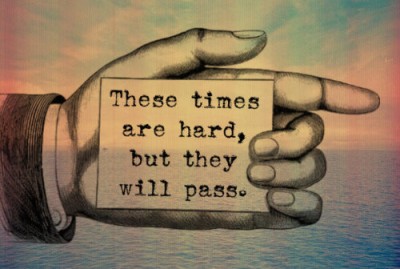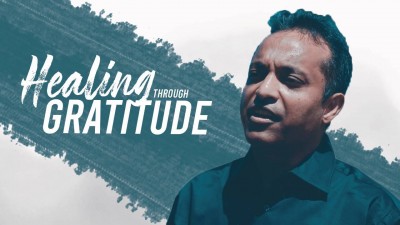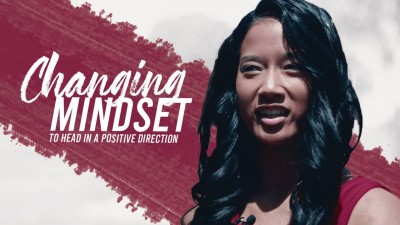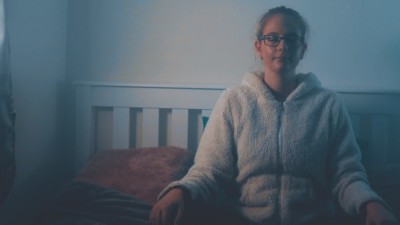‘Laziness is nothing more than the habit of resting before you get tired’ Jules Renard (French author 1864 – 1910).
Do you believe that? If you’re like most people there is probably a little voice within you trying to make sense of it and to ensure that the version of ‘sense’ that is ascribed to this phrase is true for you so you can justify the amount of time you like to ‘rest’.
Whatever meaning you ascribe to the phrase it does highlight the point that laziness is a habit. Being active, prompt, courteous, understanding and even being happy are also habits. It doesn’t matter what the item or area of life is, if a behaviour is repetitive to the point of it becoming automatic or unconscious then it’s appropriate to call that behaviour habitual or a habit.
Most of the time when people think of habits there is a roll of the eyes or a reluctant sigh that is testimony to the fact that they are probably thinking of their negative habits. But let’s not look at things as positive or negative, good or bad. Just for a few minutes, let’s think of things as useful or not very useful. If we have habits that we would normally call negative or bad it simply means that they aren’t very useful. When we refer to a useful habit it means that the behaviour involved in that habit moves us towards something we want in life like the body, car, relationship or income that we want and a habit that’s not very useful would naturally move us away from those things. Simple right? By now you may be noticing that its useful to think of habits as useful or not very useful but anadiplosis aside (don’t worry if you don’t know what that means) this is an important distinction. By now you may be noticing that its useful to think of habits as useful or not very useful which is great as this is an important distinction to make.
At an intellectual level most people would be able to describe some of the things and experiences they want in life. Yet when asked logical questions about what that person is doing on a regular, habitual basis, to achieve or attain those things or experiences their responses would likely contradict their initial desire. This isn’t really that useful is it? How can this be?
Our conscious mind (the part of your mind that is reading these words right now and perhaps giving you a secondary voice that is a running commentary of what you think of these words) can want to go in one direction, the direction of our desires, while simultaneously our unconscious or subconscious mind (the part that controls all automatic behaviours and bodily functions) may be wired up to go in a very different direction. And that’s not very useful is it? In other words, a person can say they want to lose weight at a conscious level, but their automatic or unconscious behaviours do not involve diligent choices around food selection or exercise routines that would otherwise contribute to achieving this desire.
So, what does someone in this situation do to change this situation and rewire their unconscious behaviour so they are in alignment with their conscious desires, making their achievement literally just a matter of time and consistent effort?
To start with we need to understand that we don’t get rid of a habit be it useful or not very useful, we replace them. The Borg civilization from Star Trek would tell you that ‘Resistance is futile’ and Darth Vader from Star Wars would say ‘It is pointless to resist’. But, as a matter of fact, futility and pointlessness are of the least concern to those who attempt to resist their habits that aren’t very useful. What actually happens when we resist something, is that we give that something our attention and where attention goes, energy flows. With more energy flowing to it, the habit is then further consolidated and compounded which then causes confusion in the person who had tried so hard to remove the habit. The truth is they simply focused too much on the wrong habit.
Imagine instead that the person became aware of their habit that wasn’t very useful and decided to create a new habit that they wanted to have instead of the old one. Imagine also that they realised they would have to make a deliberate and conscious effort for a period of time to follow through with their new behaviour until it became habitual and that they were committed to it based on a clearly defined and meaningful reason. What do you think the chances are now of the old habit hanging around much longer? Drastically reduced right? Of course it is and the reason is because the persons energy is going to be flowing into the new behaviour repeatedly and the old behaviour is simply going to evaporate into the nothingness from whence it came.
The most critical ingredient of creating any habit bears repeating here: we must understand that at a fundamental level where attention goes, energy flows and therefore what we give attention to will inevitably expand in our life. This is an indiscriminate law of the world we live in and applies just as much to the habits that are useful to us as to those that aren’t very useful. To create or remove a habit we must focus our attention on what we actually want.
Since the dawn of civilisation there have been many signposts that can steer us in the right direction when it comes to creating the habits that inevitably run most of our life. Earl Nightingale (1921-1989) was an American motivational speaker and author who drew an incredible insight from the book ‘Think and Grow Rich’ by Napoleon Hill, which was ‘we become what we think about.’ This correlates very closely to the New Testament verse ‘as ye sow, so shall ye reap’. This is especially true when it comes to the nature of our thoughts and our efforts to create healthy habits.
Every habit we have started off as a small action that we repeated because we either saw value in the behaviour or it felt good. It’s the latter that we need to be most weary of as things that feel good have a natural tendency to become habits simply and obviously because they feel good! That’s not to suggest we don’t do things that feel good. Life is good and we can absolutely experience the goodness of life each moment we are alive, just be weary of those behaviours that may try to fake us out. Mature judgement and early detection of any behaviour that may stack the odds against us of achieving the life we desire are very handy tools to sharpen.
We need not be frightened or intimidated by our habits, simply being aware of them and then making logical and disciplined choices around our behaviour can literally open up our life to so much abundance and joy! Remember, where attention goes, energy flows. So, define and focus on exactly what you want out of life and then begin with small steps to create those simple and repeatable behaviours that will inevitably lead you to that reality.























